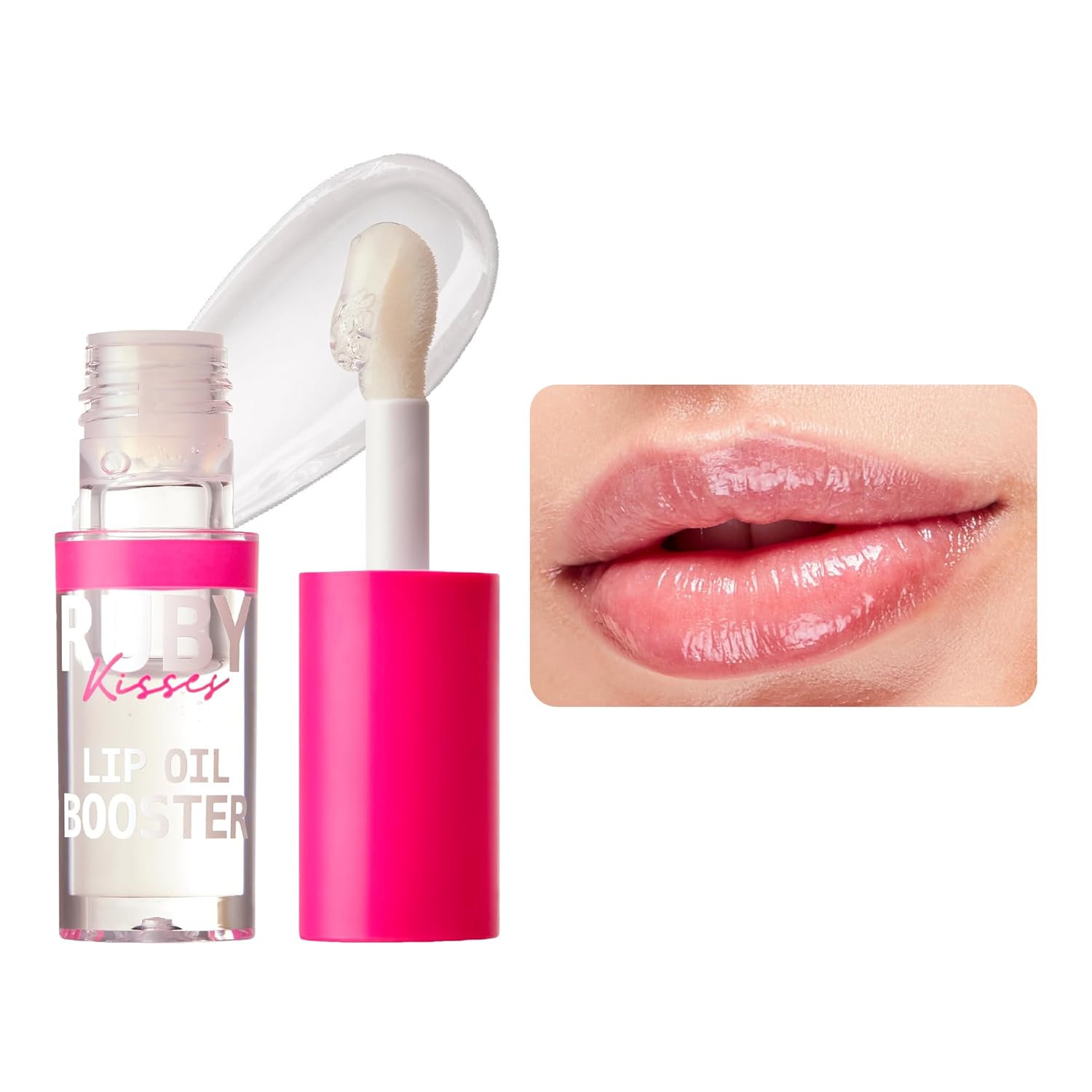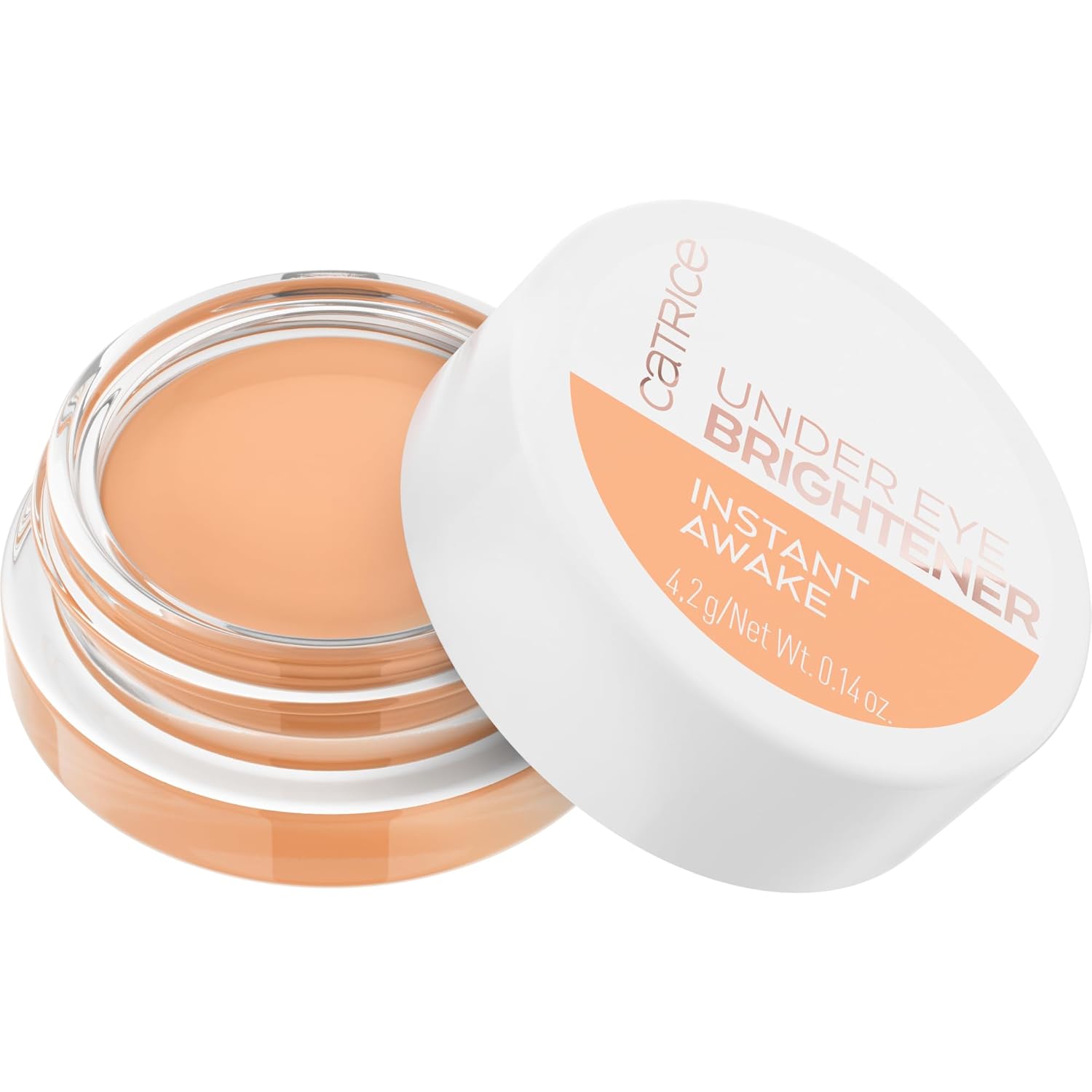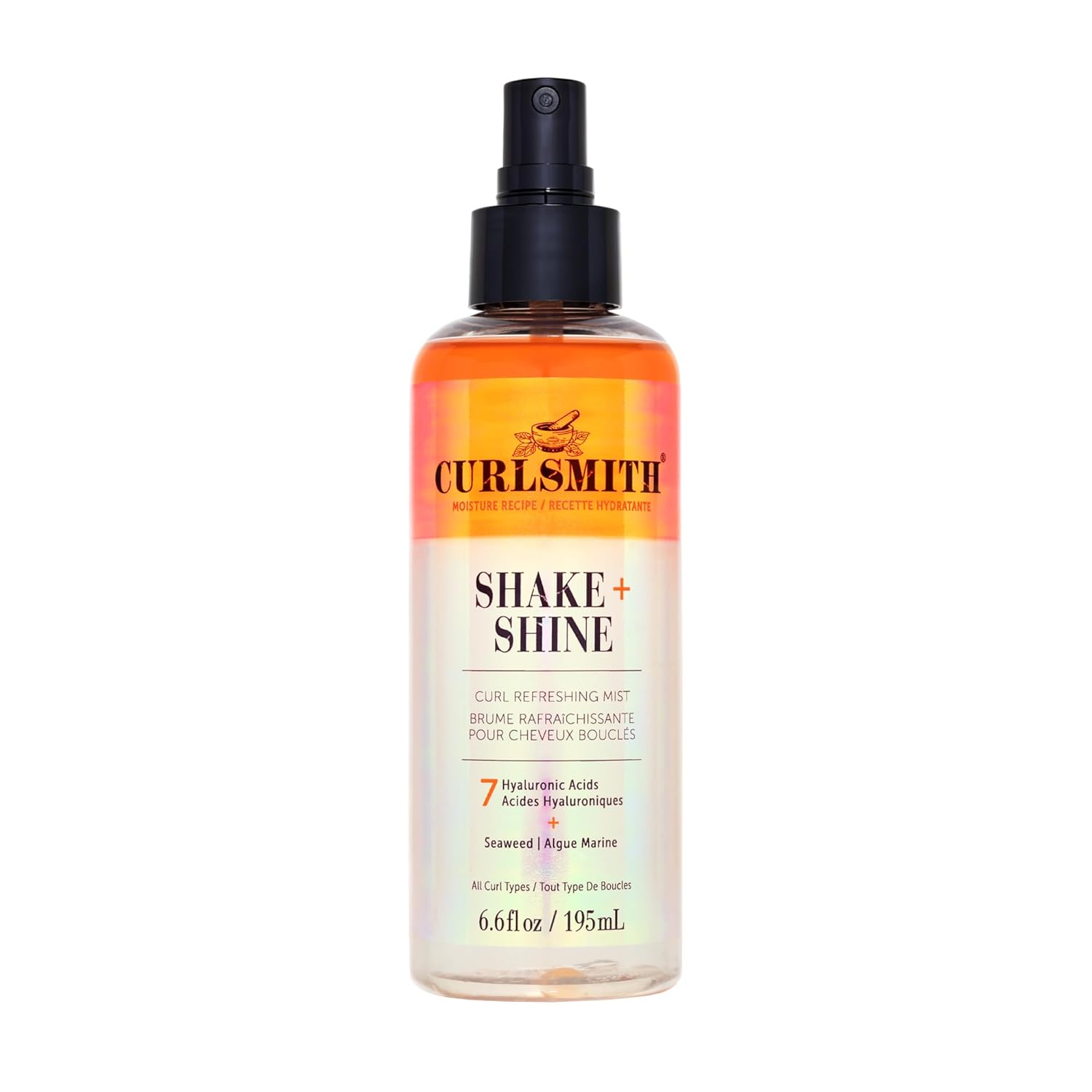
Since curly girls cringe at the thought of color, it makes sense that we see questions about bleach and if we really need it. Eliana.Fuchs had some questions about bleaching her strands in our Curly Q&A that I am sure many have the same concerns and would love some guidance.
Question
How much will bleach and color affect my curls? I have type 3b/c dark brown hair, and I was planning on bleaching the ends to dye them turquoise in sort of an ombré fashion from my normal color. I want the turquoise to be bright, and I’m afraid the bleaching will damage my curls. Any advice? In addition, I swim competitively, so my hair is already dried out from the chlorine, but I rarely straighten, so it’s not awful. All input is appreciated.
Answer
A lot! Well, that’s your answer in a nutshell and while simplistic, the point is that bleaching is a harsh coloring technique that is especially hard on textured hair, so expect noticeable changes to your hair health. If not properly taken care of, it can be extremely damaging.
Bleaching is a harsh coloring technique that is especially hard on textured hair, so expect noticeable changes to your hair health.
How does bleach work?
Bleaching hair removes of the color by decolorizing the pigment in the hair shaft through oxidation. The most damaging of all coloring methods, bleach usually uses ammonia or hydrogen peroxide (often these two are mixed together”> to permanently lighten the hair by reacting to hair’s melanin.
How does bleach affect curly hair?
Make no mistake about it. Bleaching is a damaging chemical process on anyone’s hair but especially on curly hair. Bleaching raises the hair’s cuticle to remove the color or pigment from the hair shaft, which also removes the hair’s moisture. This is irreversible process causes brittle dry strands and breakage. The strands are weaker after bleaching and the darker the hair, the longer the bleaching process.
Celebrity hairdresser Andrew Jose told the Daily Mail that “of all the colouring methods, bleach is the most damaging, and should always be done professionally and slowly. Bleaching raises the cuticle on the hair, removing colour pigment permanently from the hair shaft, a process which is called oxidation. Bleaching can permanently raise the cuticle, leaving hair dry, brittle and porous. Overlapping bleach in the same place leaves hair feeling weak and elastic, which can then lead to hair breakage.” He also adds that “overuse and repeated application of bleach to the scalp can strip the hair of moisture and damage the follicle.”






With you swimming a lot this summer, adding bleach to your hair may be too much for your hair to handle. If you are already dealing with dryness then bleaching is not a good option, as it will only make the dryness worse. It will weaken those strands and make breakage almost inevitable.
Alternatives
While they will not lighten your hair, Manic Panic and Beyond the Zone are popular temporary hair dyes that will alter your color and last anywhere from 4-12 washes. They are also cheap and easy to use. They may last longer if hair was previously bleached and are less damaging than bleaching hair. They have tons of colors from traditional to neon and every color in between, so you can find any color your imagination can create.
What if you want to go ahead with the bleaching?
If you absolutely want to bleach your hair I would advise doing so with a professional colorist starting with a consultation to address your lifestyle. Make sure you are protecting your hair prior to swimming by wetting the hair and adding a cheap conditioner to keep out as much chlorine as possible. Pamper your hair with thick, rich deep conditioning treatments after you shampoo.








